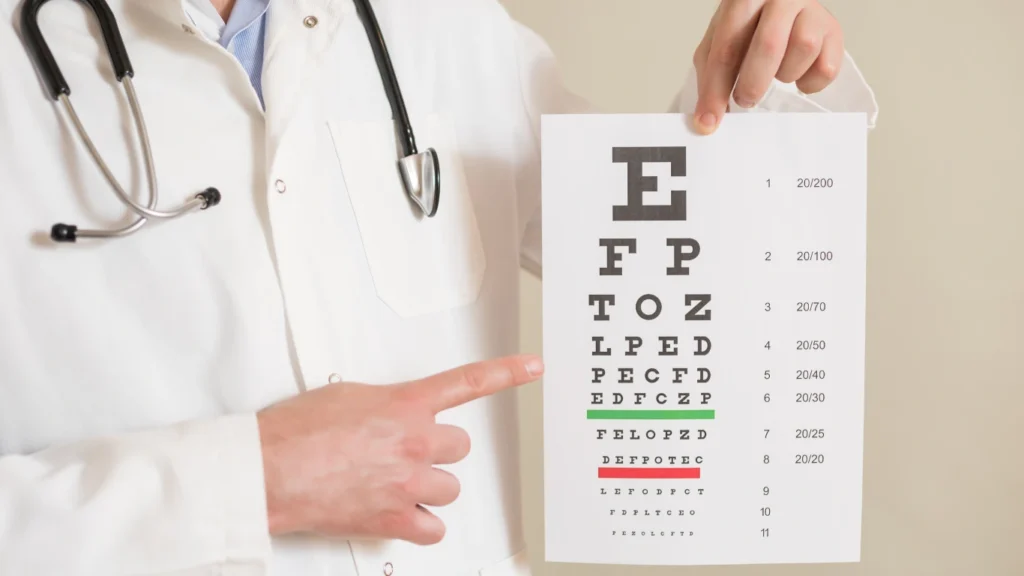How often do you really think about your eye health?
If you’re like most people, the answer is: not often enough. We rely on our vision for everything, from reading texts to driving to recognizing faces, and yet, many of us delay routine eye exams until we’re already struggling to see clearly. That’s a problem.
The truth is, your eyes may be sending you warning signs long before you notice a major change in vision. Missing those signs could lead to serious issues, ranging from eye strain and discomfort to permanent vision loss.
In this blog, we’ll cover the 7 most common signs that you need an eye exam, plus what to expect when you book an eye exam near you with IndividualEyes.
You’re Struggling with Night Vision
If you find yourself squinting while driving at night or avoiding nighttime outings altogether, your night vision may be declining. This is often one of the earliest signs of a vision change, such as nearsightedness (myopia) or the beginning of cataracts.
Night vision matters.
Difficulty seeing in low-light conditions increases your risk on the road. Book an eye exam near you with IndividualEyes to get a proper diagnosis and prescription update.
Frequent Headaches or Eye Strain
Do your temples throb after a long day at the computer? Or maybe your eyes feel tired, itchy, or dry? These are often signs of unaddressed vision problems, including:
- Eyes working harder to focus
- Outdated prescription glasses
- Digital eye strain from screens
Can eye strain cause headaches?
Yes, your eye muscles can become overworked, triggering headaches or migraines.
Don’t suffer in silence. Schedule a professional eye exam with IndividualEyes to determine the cause and get relief.
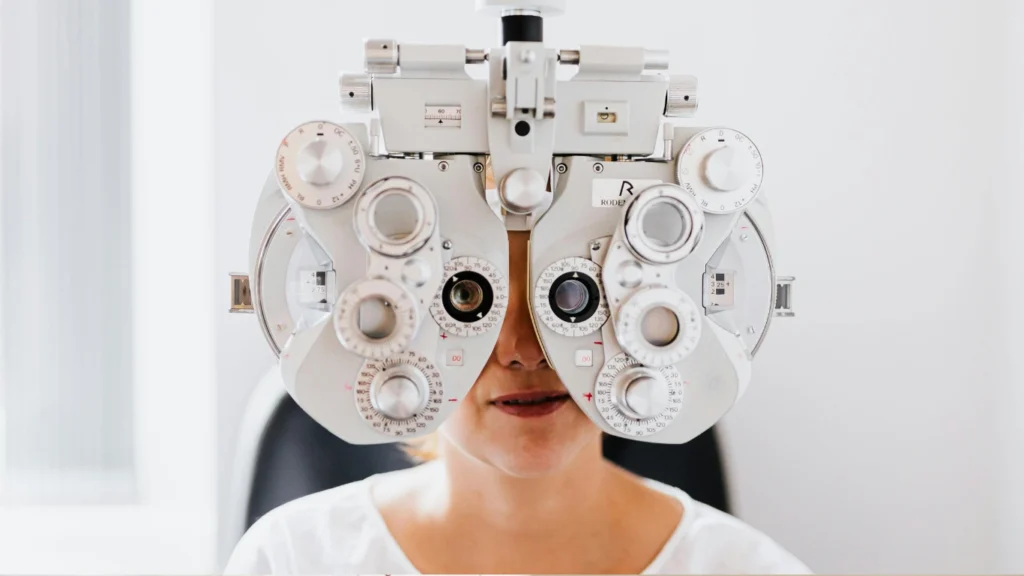
Blurry Vision That Comes and Goes
If your vision isn’t as sharp as it used to be, or if it fluctuates throughout the day, it could be a sign of several conditions:
- Refractive errors (nearsightedness, farsightedness, astigmatism)
- Dry eyes
- Blood sugar changes for those with diabetes
- Early signs of glaucoma or macular degeneration
Blurry vision should never be ignored. Catching issues early through a thorough eye exam is the best way to protect your sight. Contact IndividualEyes near you to get checked.
Eye Redness, Pain, or Light Sensitivity
Red, itchy, or painful eyes? Are you squinting in normal lighting? These symptoms are your eyes’ way of asking for help.
Common culprits include:
- Eye infections
- Dry eye syndrome
- Inflammation (like uveitis)
- Corneal abrasions
- Reactions to contact lenses or allergens
Can dry eyes be diagnosed in an eye exam?
Yes. Your optometrist can perform a tear analysis and recommend treatment options.
If you have ongoing discomfort or sensitivity to light, contact IndividualEyes near you for an eye exam. You may need more than just over-the-counter drops.
You Haven’t Had an Eye Exam in Over a Year
Even if your vision seems “fine,” your eyes could be quietly developing problems. That’s why routine eye exams are essential for detecting early signs of:
- Glaucoma
- Cataracts
- Diabetic retinopathy
- High blood pressure
- Neurological issues
How often should I get an eye exam?
- Adults 18–60: Every 1–2 years
- Adults 60+: Annually
- Children: Before starting school, and then yearly
- People with diabetes or other eye conditions: every year
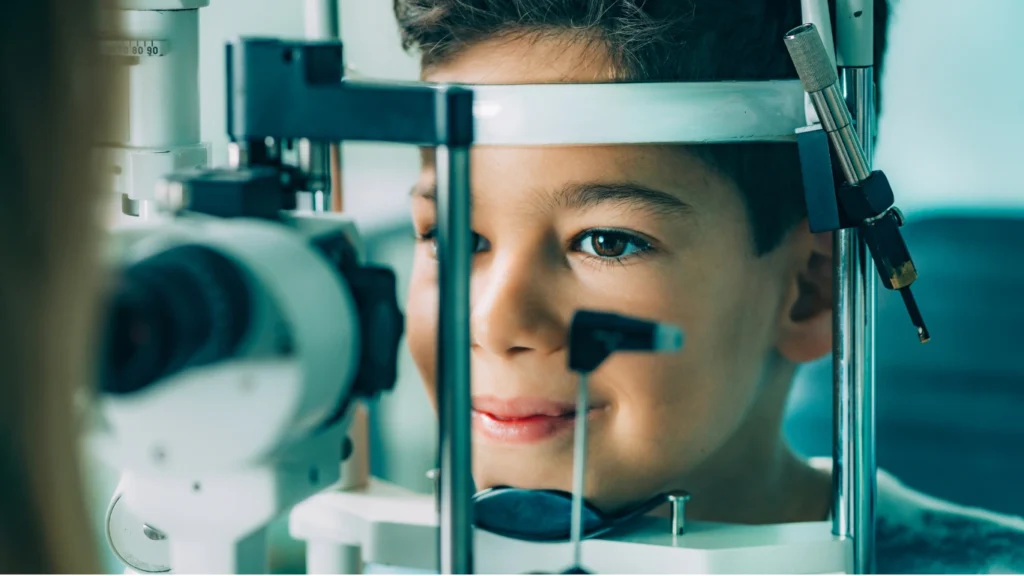
Seeing Floaters, Flashes, or Shadows
Seeing the occasional floater is normal, but if you notice a sudden increase in floaters, flashes of light, or a dark curtain in your vision, it could be a retinal detachment, a medical emergency that needs urgent attention.
What are floaters, really?
They’re tiny pieces of collagen that cast shadows on your retina. But rapid changes can be dangerous.
Faded Colors or Trouble with Contrast
If your world is looking duller or you’re having trouble distinguishing between similar colors, it may be time to get your eyes checked. These symptoms may point to:
- Cataracts
- Macular degeneration
- Optic nerve issues
Did you know?
Changes in color perception may also be linked to systemic health issues like diabetes or certain medications.
If colours seem off or dull, book an eye exam near you with IndividualEyes for peace of mind and early intervention.
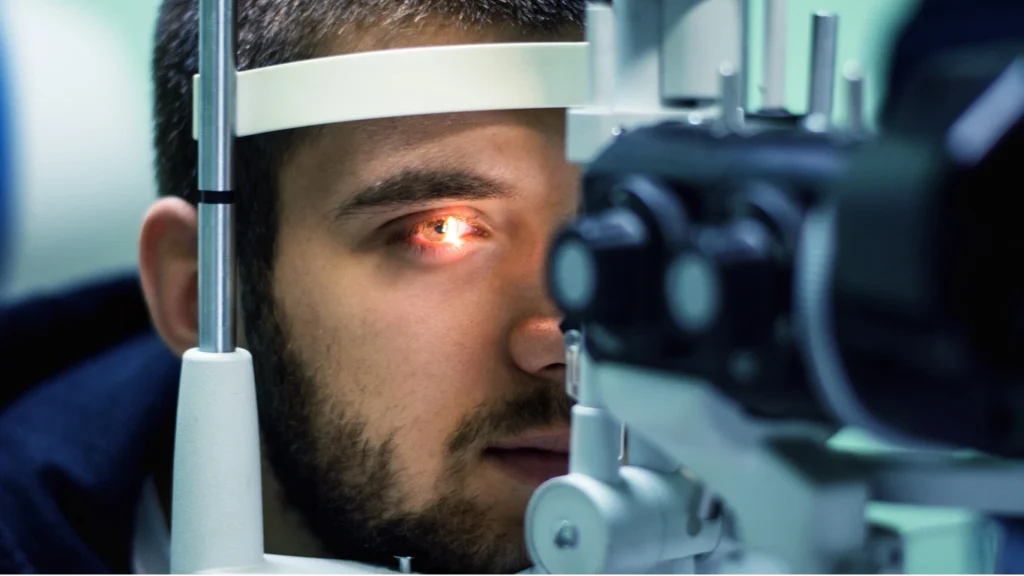
Why Regular Eye Exams Matter (Even Without Symptoms)
Many people wait until something’s wrong to get their eyes checked. But by then, it could be too late to prevent long-term damage. Eye exams are about more than just vision—they’re a window into your overall health.
A comprehensive eye exam can:
- Catch early signs of glaucoma, diabetes, and hypertension
- Track changes in vision and eye pressure
- Detect tumors, retinal tears, or nerve issues
- Provide comfort-enhancing upgrades to your current eyewear
- Prevent permanent vision loss through early treatment
Fact: The retina is the only place in your body where blood vessels are visible without surgery. That makes your eye doctor one of the first lines of defense against several health conditions.
What to Expect During an Eye Exam at IndividualEyes
If it’s been a while since your last checkup, don’t worry—eye exams are simple and non-invasive. At IndividualEyes, your comfort is our priority.
Here’s what typically happens during a full exam:
- Vision Screening – To check your distance and reading vision
- Refraction Test – To determine your lens prescription
- Eye Coordination & Muscle Tests – To check how your eyes work together
- Slit-Lamp Exam – To look closely at the front part of your eye
- Intraocular Pressure Test – To screen for glaucoma
- Retinal Exam – To examine the back of your eyes for any abnormalities
The whole process takes about 30–60 minutes.
Don’t Wait for a Wake-Up Call, Protect Your Vision Today
Your eyes aren’t just important. They’re irreplaceable.
If you’ve noticed any of the signs mentioned above, or if it’s simply been over a year since your last visit, there’s no better time to take action. Many eye conditions progress silently, and early detection is the best way to keep your vision clear and your eyes healthy.
Book your next Eye Exam today and contact IndividualEyes near you to schedule an appointment
Because when it comes to your vision, prevention is the clearest choice.


